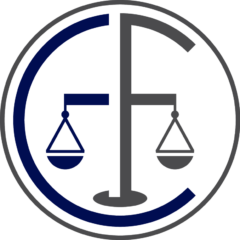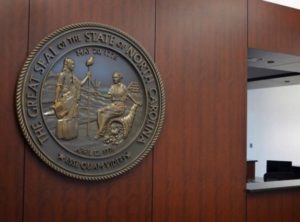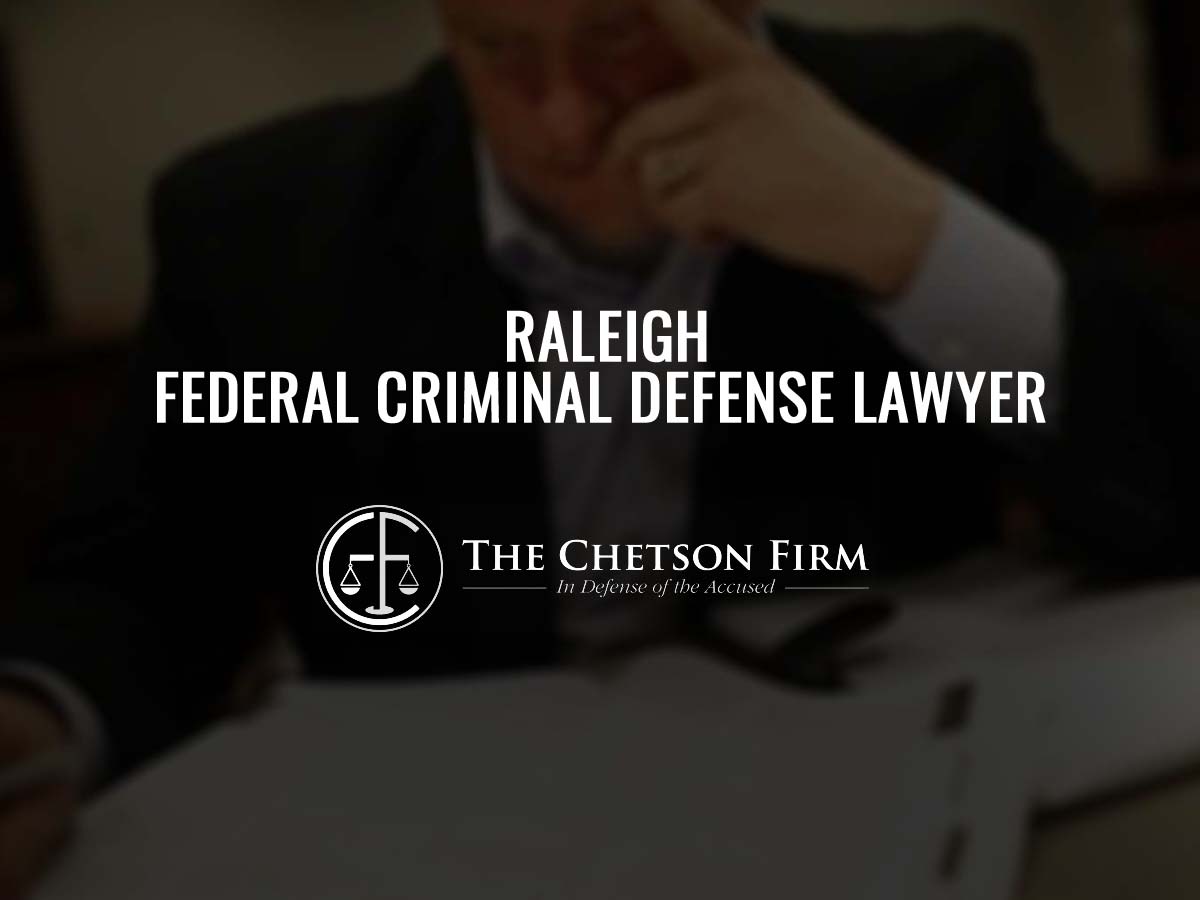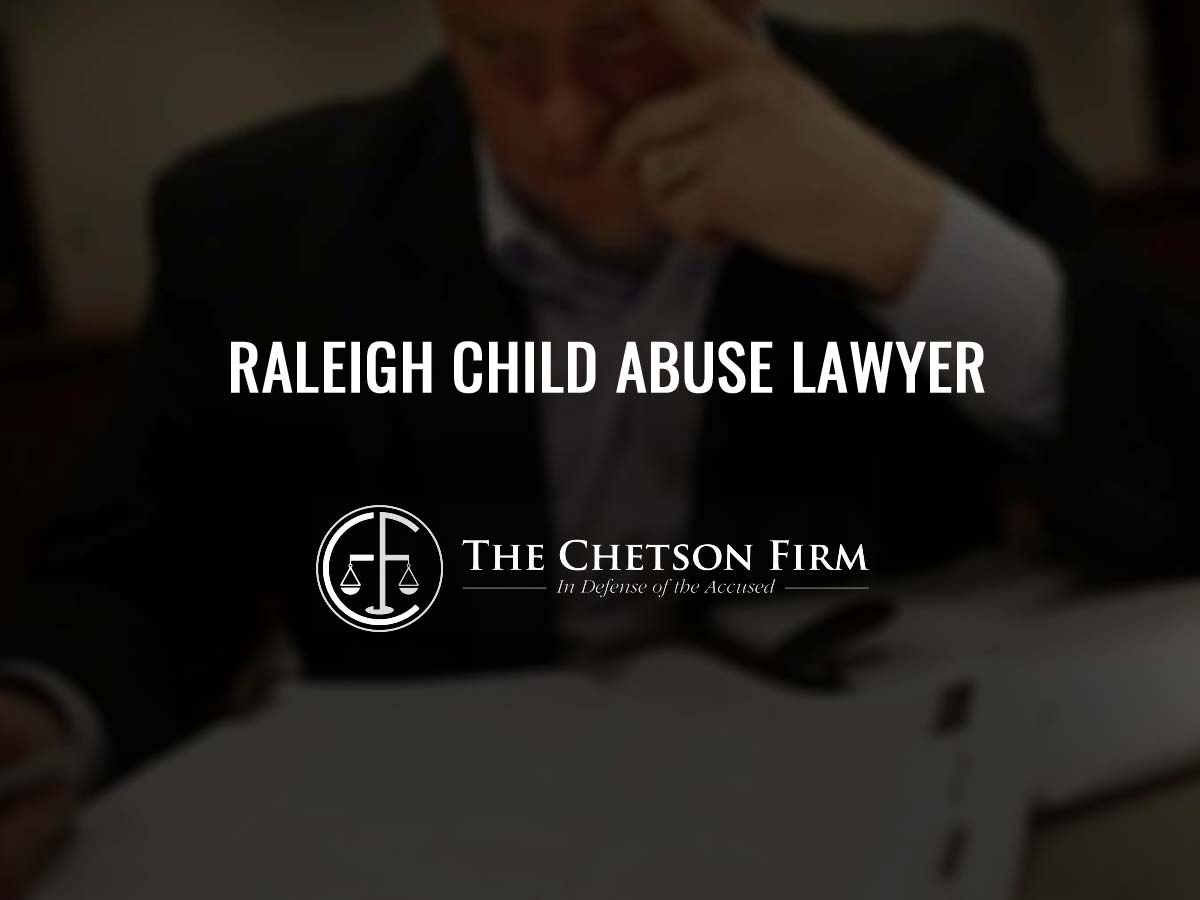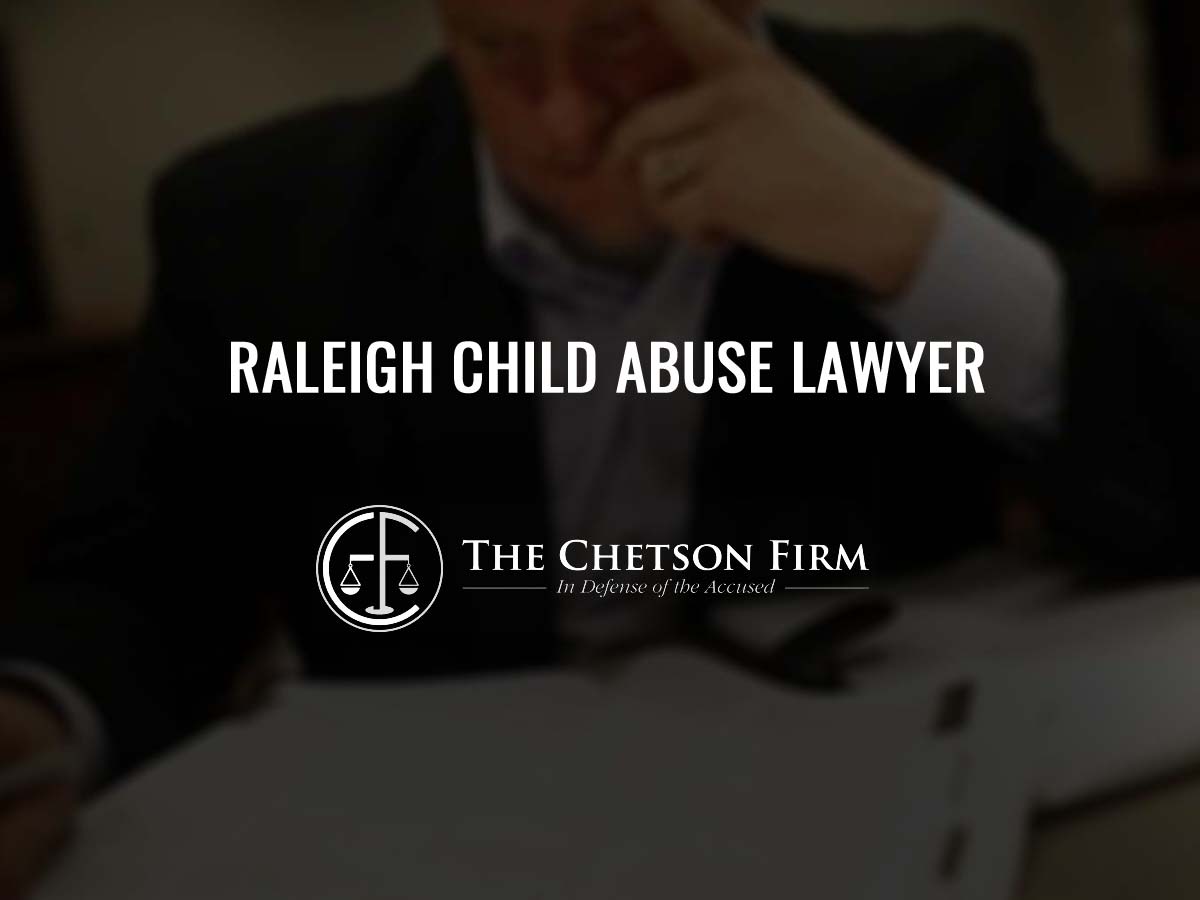Matthew White admits he was surfing the Internet looking for a “Girls Gone Wild” video – a perfectly legal act – when he happened upon a file using the peer-to-peer network Limewire.com. The file was child pornography. White did not intend to download it, and immediately deleted the file. He went on with his life.
A year later the Federal Bureau of Investigation came knocking, and asked to see White’s computer. Using sophisticated software (EnCase), FBI computer forensic examiners (the Computer Analysis Response Team) were able to undelete the offending file. The FBI admitted that White had no access to the file he had long deleted, but since the file still resided on his harddrive, it was evidence that at one time he had possessed child pornography.
While some people caught in child pornography stings are true predators who seek to do harm to children, most other people prosecuted by the state or federal government fall into one of two categories. Either they are:
- people with psychological issues who have gravitated to child pornography, need treatment, but aren’t a threat to children, or
- they are innocent people who happen upon child pornography entirely by accident while searching for adult pornography.
Are you being investigated or have you been charged with distribution of child pornography or sexual exploitation of a minor? Call Damon Chetson, a Board Certified Specialist in State and Federal Criminal Law for immediate assistance.
Peer-to-Peer Sharing Networks
Peer-to-Peer sharing networks run on a basic protocol called Bittorrent. These sharing systems may go by a number of different names, including LimeWire, Gnutella, or Bearshare. Originally these networks focused on the distribution of music, but in the late 1990s and early 2000s, these networks came under legal fire from the RIAA and music distributors like Sony who essentially forced them to shut down that part of their services.
While copyright violations continue to take place on these networks, a significant part of the content on peer-to-peer networks involves pornography. The Electronic Frontier Foundation, the leading civil liberties organization on the Internet, says that millions of people use P2P networks.
The networks have several problems:
First, they are almost entirely unregulated meaning that anyone with a computer and a broadband internet connection can offer files that may be both legal and illegal.
Second, the files themselves may be illegal, but the names of the files themselves may give the downloader no indication of what’s in the file.
Third, the files by default are automatically re-shared on the network.
Fourth, the networks are well-known to police, and the FBI has been known to set up honey-pot sharing nodes and servers that allow people download illegal files hosted on FBI servers that are later tracked through the internet, resulting in arrest and prosecution.
The Dark Web
The Dark Web is a second source of problems. These computers are accessed using specialized software, such as The Onion Router (TOR Browser). The TOR project actually is very useful, allowing dissidents and people living under oppressive regimes to share political sensitive information.
But the dark underbelly of the Dark Web is its use by criminals, including organized criminal organizations, to sell products – such as designer drugs, fentanyl, GBH – to traffic in illegally obtained financial information such as large scale credit card fraud, and to distribute child pornography.
While it is harder for police to track activity on the TOR network and the Dark Web, it is not impossible because much of the traffic runs through key data interconnections that are monitored by government agents.
Chat Rooms, Newsgroups & IRC
Still other routes for the exchange of illicit material include chat rooms, newsgroups or posting boards, and chat networks such as the Internet Relay Chat (IRC). These are some of the oldest distribution systems which have been around since almost the beginning of the internet. The advent of broadband internet service means that large quantities of material can now be shared in very short order.
Steps to Protect Yourself
Whether one thinks pornography is harmful or not, it is legal. But in searching for pornography, someone browsing the internet needs to be very careful to steer clear of any website or network that gives even the hint of trafficking in child pornography. Avoiding search terms that suggest a search for child pornography. Do not download unknown files. Be careful about re-sharing files that you’ve downloaded on peer-to-peer networks. Do not have anything on your computer at all that is illegal, including child pornography.
Second, be aware that any file that is saved or downloaded to a computer is not deleted simply by throwing it in the “trash icon.” That trash bin on the computer doesn’t actually delete the underlying file. It simply frees up space for that file to be overwritten in the future. But if the file is never overwritten, it can be recovered by a forensic expert months or years later.
Third, be sure that any device you want to donate, or give away, or take to a computer store or BestBuy’s Geek Squad has absolutely no illegal content. Someone fixing your computer can easily find any content on your hard drive. A future user may stumble upon content you thought you had deleted.
A safe way to donate a computer on which you have confidential information is to remove the hard drive, and then donate the computer either with a brand new hard drive installed or give it away without a harddrive at all.
Legal Issues
Appellate courts across the country have ruled that a warrant is not required for the authorities to view and download files traded on P2P networks. Since LimeWire, Bearshare, and Bittorrent are a file-sharing systems that allow the public at large to access files in shared folders, a defendant has no expectation of privacy unless the defendant took steps to block such access and the Government hacked into the harddrive. Because a warrant is only required if a search violates a reasonable expectation of privacy, the court found that no warrant was required.
A conviction for possession of child pornography can carry up to a 20 year prison sentence. Distribution or manufacture of child pornography can carry even stiffer federal sentences.
In North Carolina, Sexual Exploitation of a Minor (in the First, Second, or Third Degrees) are all registrable sex offenses carrying felony consequences, and jail time. Anyone believing they have mistakenly or accidentally downloaded illegal material should contact a lawyer immediately for advice on their rights, obligations and how to proceed.
What You Should Do
Contact a lawyer as soon as possible.
Do not say anything about your activities, your computer use, or any other conduct without first talking to a lawyer.
Do not consent to a search of your property, home, or computer systems. Require that the Government or state law enforcement officials obtain a valid search warrant.
Hire a Board Certified Specialist in State and Federal Criminal Law.
